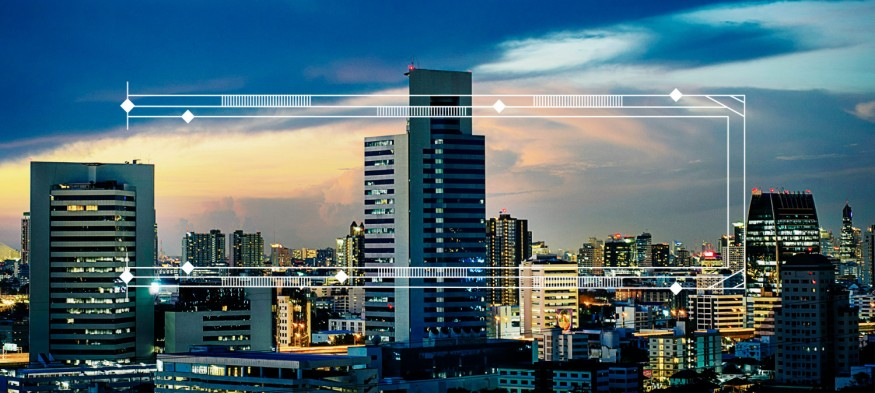
Dubai's impressive infrastructure, strategic location between Asia, Europe, and Africa, spectacular skylines, commerce prospects, thriving tourism, and attractive tax policies make it a high-growth market for real estate development. According to Dubai Land Development, the total value of real estate in the emirate hit $172.6 billion, with 166,400 transactions in 2023. This reflected an annual growth of 20% in the value of deals and 36% in the number of transactions.
The residential sector, including apartments and villas, along with commercial spaces, contributed to the overall market growth.
Reduced Risk for Investors, Speed to Market
Moreover, according to international investor and self-made entrepreneur Daniyar Serikbay, Dubai's digitization of the development process stands out. The UAE government is pivotal in Dubai's real estate and development growth. Its vision, future-forward projects, and investor-friendly policies are designed to facilitate business for property investors and developers, making negotiations easier and fairer for all. In addition, compared to many other countries in the region, everything in Dubai is ultra-efficient and fast—from streamlined licensing processes to a robust legal framework and a supportive regulatory environment.
Everything is done online, including submitting documents for Real Estate Regulatory Agency (RERA) certification, licensing, payment processing, visa issuance, and the approval process. Digitization reduces development risks for investors and increases speed, ultimately enhancing their return on investment.
The brokerage laws are also strong, and all transactions are recorded in central databases, giving clear and transparent market data for decision-making, explained Daniyar Serikbay. The government continuously updates and refines its regulations to ensure a secure and fair environment for investors. Real estate regulation also allows brokers to make significant commissions without the risk of going unpaid.
Investor and Buyer Protection
Since the recent real estate crisis, where many investors lost their money in mismanaged projects, the government introduced an escrow mechanism to protect investors and buyers from bad actors. This is critical as the market works on reputation.
A developer must purchase 100% of the land with equity and without debt. Additionally, the developer must put up 20% of the construction cost into the escrow account before one is allowed to start sales. The Real Estate Regulatory Agency of the Dubai Land Department also requests contractors to submit a 10% performance guarantee.
The sales proceeds are put into an escrow account. The developer can use the money in tranches after achieving certain construction milestones. This serves to protect investors from noncompletion of projects.
According to Mr. Serikbay, competition is the other driving factor in high-growth markets such as Dubai; advancements in marketing, architecture, and payment options are all driven by competition.
In addition, Dubai does not have any property or real estate taxes, contributing to its meteoric real estate market.
About Daniyar Serikbay
Daniyar Serikbay is a self-made international entrepreneur and business leader with multi-country investment experience. Dubai-based Mr. Serikbay leads a world-class team that executes a proprietary, high-quality real estate development pipeline in a fast-growing market. He also co-founded a private equity fund that operates a successful portfolio of companies in real estate development, construction materials production, and retail.




